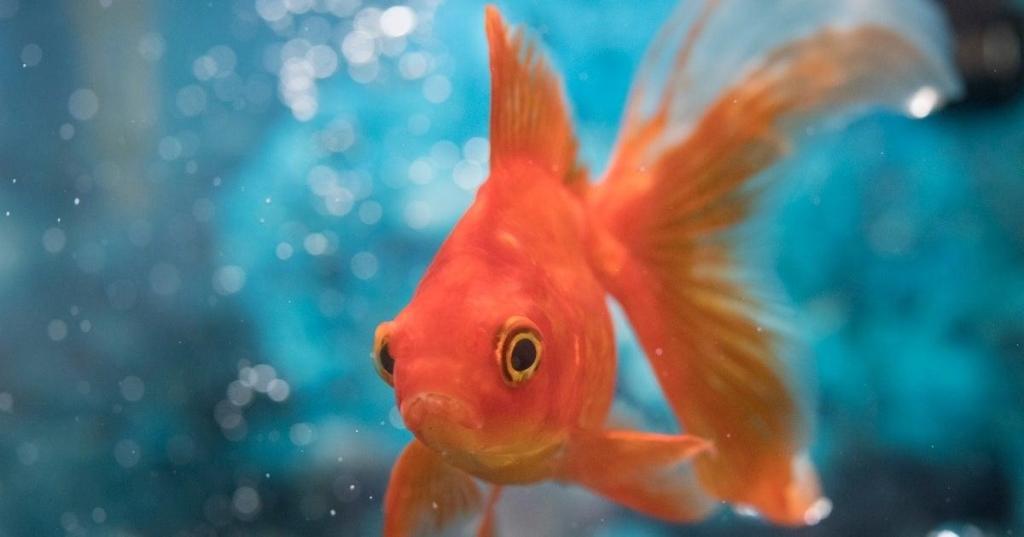Goldfish might seem like innocent fish, just minding their own business at home aquariums, but they are an invasive species when released into the wild. Burnsville, Minnesota, officials shared photos showing just how big goldfish can grow when released into ponds and lakes. Goldfish meet all the qualifications for a dangerous invasive species, experts warn.
“Please don’t release your pet goldfish into ponds and lakes. They grow bigger than you think,” Burnsville officials shared on July 9. They teamed up with officials from nearby Apple Valley, Minnesota, and Carp Solutions, which specializes in cleaning water environments, for a fish survey of Keller Lake, where they found giant goldfish and other fish species that shouldn’t be there. “At high populations, goldfish can contribute to poor water quality by mucking up the bottom sediments and uprooting plants,” officials warned. They suggested pet owners find a new home for goldfish instead of releasing them into local lakes and ponds.
Videos by PopCulture.com
Please don’t release your pet goldfish into ponds and lakes! They grow bigger than you think and contribute to poor water quality by mucking up the bottom sediments and uprooting plants.
— City of Burnsville (@BurnsvilleMN) July 9, 2021
Groups of these large goldfish were recently found in Keller Lake. pic.twitter.com/Zmya2Ql1E2
When goldfish are released into freshwater, they can quickly reproduce and destroy habitat by outcompeting native species, reports the Washington Post. Goldfish can live up to 25 years, weighing up to four pounds and measuring over a foot long. They are also far more resilient than other fish species, as they can live in bodies of water that have frozen over. Scientists discovered they can even live months without oxygen. All this makes them “really, really tough and allows them to dominate certain types of ecosystems,” Przemek Bajer, owner of Carp Solutions and an aquatic invasive species professor at the University of Minnesota, told the Post.
Goldfish also feed at the bottom of lakes, which could cause a dangerous chain of reactions for local species. They can uproot plants, which stir up sediment and damages the water quality. Then, algal blooms, which hurts other species. “Goldfish have the ability to drastically change water quality, which can have a cascade of impacts on plants and other animals,” Caleb Ashling, a natural resource specialist in Burnsville, told the Post. “They are a major concern.”
This isn’t just an issue in Minnesota. It’s a problem across the country, as pet owners think releasing goldfish into the wild is better than discarding it in other ways. In 2018, Washington state officials said they planned to spend $150,000 to rehabilitate a lake near Spokane that was overrun with goldfish. In May, Virginia officials certified a new state record when Jeremy Fortner caught a 3 pound, 9-ounce goldfish that measured 16 inches long. However, they warned that introducing goldfish to lakes and ponds is illegal in the state. “Pet owners should never release their aquatic organisms into the wild as unforeseen impacts can occur including disease, competition, and predation,” officials noted.








